Is Crypto Secure in Today’s Economy?
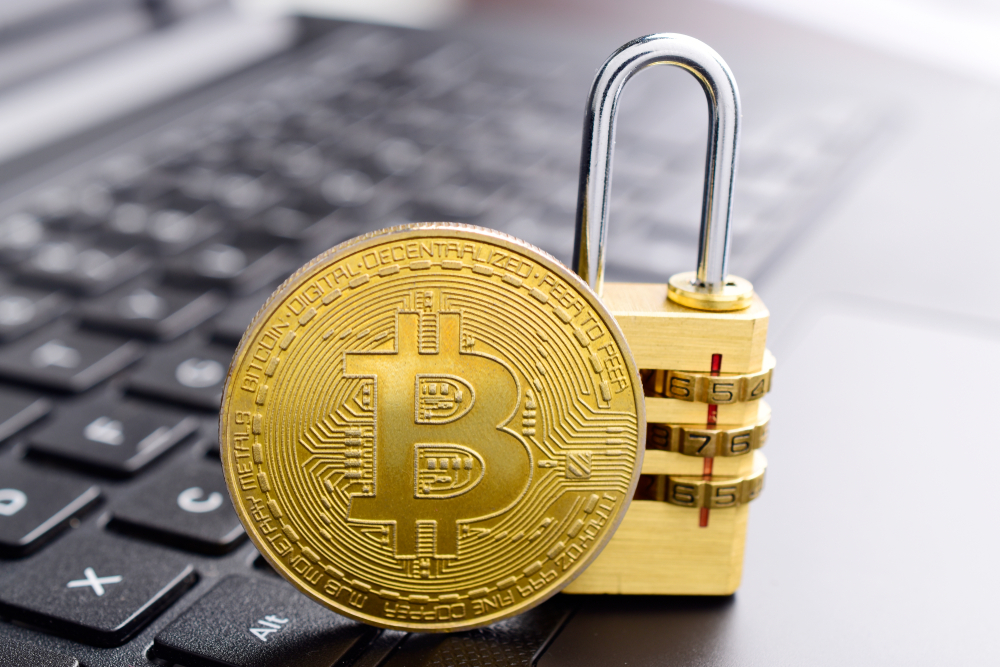
Have you ever wondered if your hard-earned money is safe when invested in cryptocurrencies? With the shifting economic landscape, it’s crucial to know whether crypto remains a prudent choice. Today, let’s take a closer look at the volatile world of cryptocurrency and what it might mean for your investments.
The Volatile World of Cryptocurrency
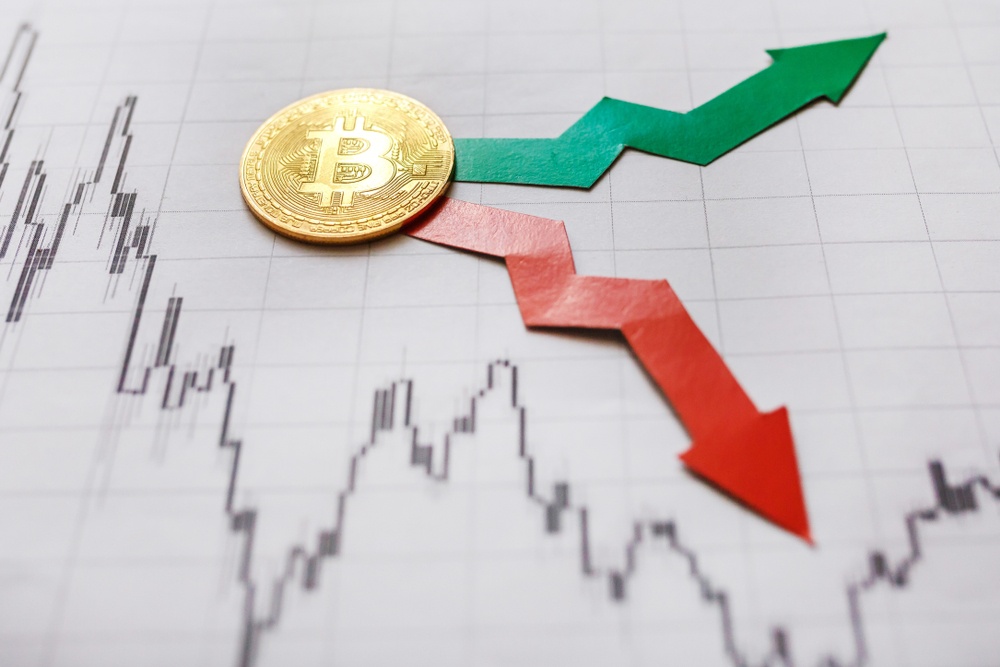
The crypto market is known for its sharp highs and lows, making it a vivid rollercoaster of investments. For instance, the value of Bitcoin has seen spectacular swings from record peaks to significant dips within short spans, illustrating the market’s unpredictability. Here are some real examples:
- In December 2017, Bitcoin achieved an all-time high, nearing $20,000, only to fall below $7,000 by April 2018.
- Again in 2021, it smashed previous records by reaching over $60,000 but experienced a major drop in the months following.
These fluctuations emphasize not just the potential gains but also the risks inherent in investing in cryptocurrencies. But what drives these dramatic shifts?
Promise of a Solution
In this discussion, I promise to illuminate the various dimensions of crypto security. We will look into investment viability, cybersecurity, and future relevance. The question remains, however—can you genuinely rely on cryptocurrencies as a secure investment avenue in the current economic scenario?
Understanding Crypto Investment Trends
Recently, major cryptocurrencies like Ethereum and Ripple have also shown volatility, albeit with promising periods of growth. Analyzing these performances helps us gauge market sentiments and investment trends. Take Ethereum, for example:
- Early 2020 saw Ethereum at about $150; by early 2021, it shot up to around $1,400.
- This growth trajectory provides insights into the broader acceptance and technological advancements backing such cryptocurrencies.
Nevertheless, the future of investments in crypto keeps many potential investors on edge. So, what can you expect from cryptocurrencies in the coming years? Stay tuned as we delve deeper into the investment potential of cryptos in the current economic climate in the next segment.
Is Cryptocurrency a Wise Investment?
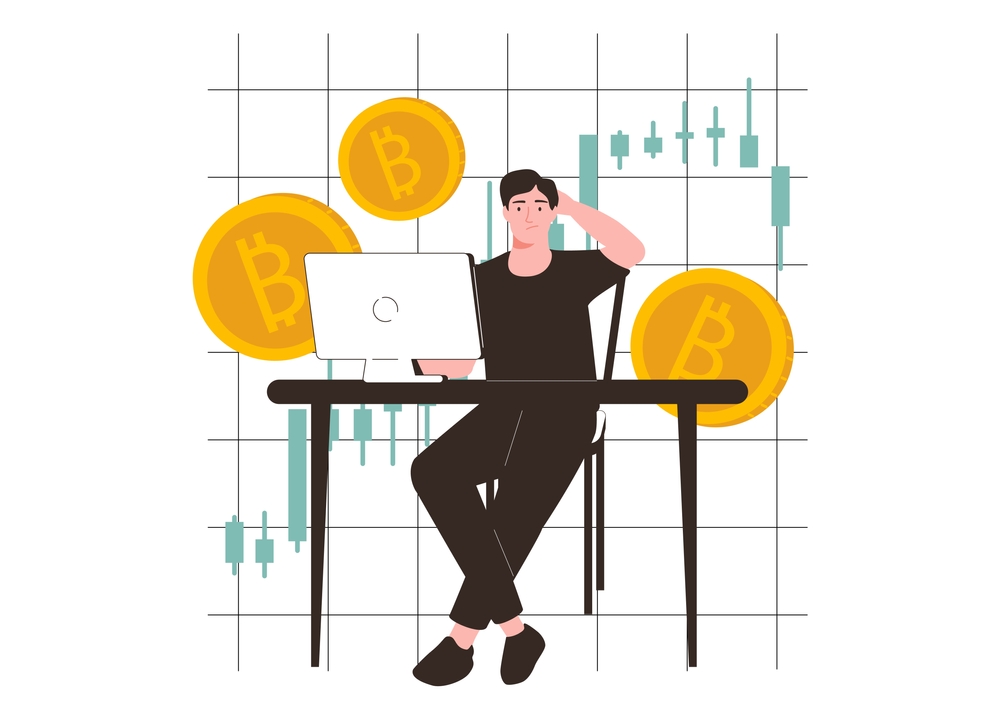
In today’s digital age, where every investment move can be tracked and analyzed with a few clicks, the crucial question remains: is investing in cryptocurrency a wise decision? With the constant ebb and flow of market prices, understanding this landscape is more critical than ever. Here, we’ll delve into recent data and expert forecasts to shed light on the potential that cryptocurrencies hold as an investment avenue in our current economic climate.
Recent Statistics and Trends
Analyzing the performance of cryptocurrencies over the past few years illuminates a path of highs and lows. The trajectory of popular coins like Bitcoin and Ethereum showcases significant volatility with periods of intense spikes followed by sudden troughs. For instance:
- In late 2017, Bitcoin saw an unprecedented peak, touching nearly $20,000.
- A dramatic decline followed in 2018, where it bottomed out at around $3,500.
- The more recent trends show a rejuvenation with Bitcoin peaking at about $64,000 in April 2021, illustrating the unpredictable nature of the crypto market.
This pattern of dramatic fluctuations underlines the high-risk, high-return profile of cryptocurrency investments that attract many while deterring others who prefer stability.
Expert Opinions
Well-known financial analysts and cryptocurrency experts often have diverging views on the future of cryptocurrencies. Some see digital currencies as the future of money, a revolution in the financial sector, while others caution about their speculative nature and the influence of external factors like government regulations and market manipulation.
As noted in a CNBC interview, Warren Buffett described Bitcoin as “probably rat poison squared,” underlining his skepticism about its role as an investment.
On the other hand, experts like Cathie Wood of ARK Invest have expressed strong support for Bitcoin and Ethereum, predicting substantial growth in value due to their underlying technologies and increasing adoption.
These varying expert opinions highlight the critical need for potential investors to thoroughly research and understand the market’s multiple facets before making any investment decisions. Is it chaos or opportunity that defines the crypto market today? What tools and strategies can you use to navigate this volatile investment landscape? Will your investment today withstand the turbulent waves of tomorrow’s economic currents?
Stay tuned, as next, we will explore the security measures crucial in safeguarding your digital assets and see how secure blockchain technology truly is. After all, understanding the safety of your investment is just as paramount as evaluating its growth potential.
The Security Facet of Cryptocurrencies
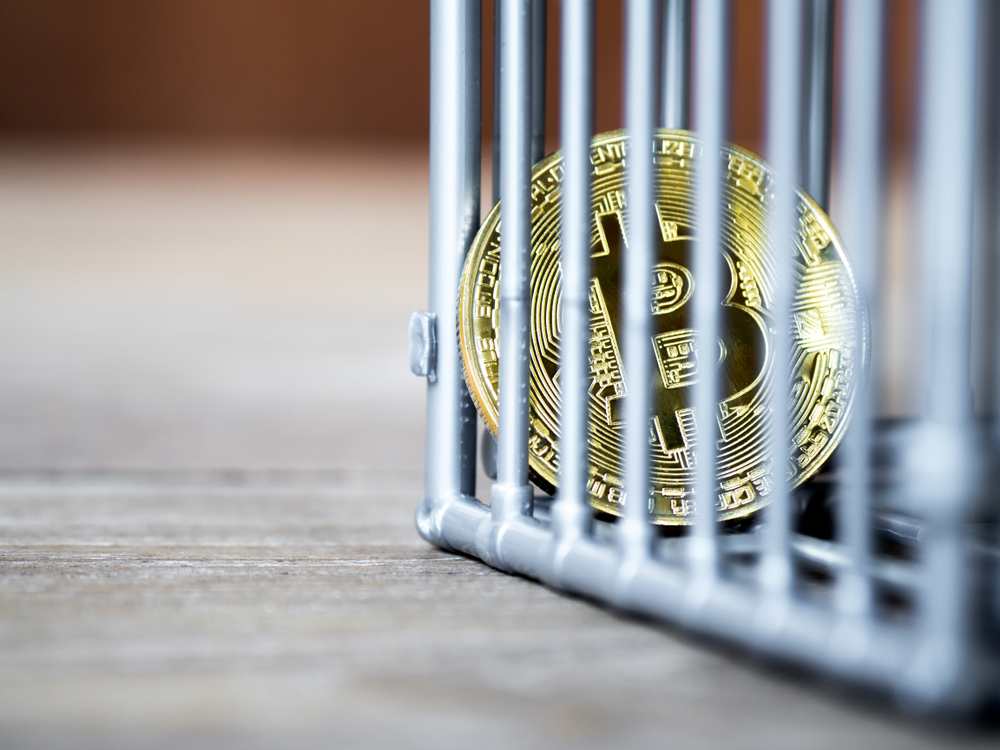
In the dynamic world of digital currencies, security stands as a cornerstone for maintaining investor confidence and ensuring the integrity of transactions. But just how secure is this digital fortress?
How Secure is Blockchain Technology?
At the heart of every cryptocurrency is its blockchain—a decentralized ledger that records all transactions across a network of computers. This technology not only promotes transparency but also adds a layer of security that is inherently resistant to fraud. But what makes blockchain so resilient against illicit activities? Let’s explore:
- Decentralization: Unlike traditional banking systems, where a central authority can be a single point of failure, blockchain disperses data across a wide network, significantly mitigating risks of centralized corruption or attacks.
- Encryption: Each transaction on a blockchain is secured with robust cryptographic techniques, ensuring that data once entered is immutable and verifiable, deterring potential tampering.
- Consensus Models: Blockchain utilizes consensus models like Proof of Work or Proof of Stake to validate transactions, providing an additional layer of security and reliability.
The resilience of blockchain is aptly summarized in a quote by mysterious Bitcoin creator Satoshi Nakamoto: “What is needed is an electronic payment system based on cryptographic proof instead of trust.” This statement underscores the foundational principle of blockchain’s security measures: creating an environment where trust is built into the system itself.
Known Security Risks
Despite the robustness of blockchain technology, the cryptocurrency landscape is not without its vulnerabilities. Here are some of the known security threats that users and investors face:
- Phishing Attacks: Scammers often create fake websites or send emails posing as legitimate businesses to steal users’ cryptographic keys and access their crypto wallets.
- Exchange Vulnerabilities: While the blockchain itself is secure, the exchanges where cryptocurrencies are traded can be hacked, as seen in the infamous Mt. Gox case where 850,000 bitcoins were lost.
- Smart Contract Flaws: Errors in code writing can lead to smart contracts that are supposed to automate and secure transactions being exploited.
Understanding the risks inherent in the cryptocurrency system allows users to take preventive measures, like using hardware wallets for storage or transacting through reputable platforms.
As we navigate the complex mesh of cybersecurity in the crypto world, one questions lingers: how are global regulations keeping up with these evolving security challenges? Stay tuned as we untangle the web of laws and guidelines in the next section… not just to protect, but also to thrive in the ever-changing landscape of cryptocurrency investment.
Regulatory Landscape Impacting Crypto

The ever-evolving regulatory framework surrounding cryptocurrency investment is both a playground and a battleground. With governments worldwide scrammyling to keep pace with the rapid growth of digital currencies, investors find themselves at the mercy of increasingly complex laws that can significantly influence market stability and growth potential.
Current Regulatory Climate
From the United States to South Korea, and all the way to the European Union, the regulatory stance on cryptocurrencies varies profoundly. For instance:
- In the U.S., the SEC’s hesitation to approve Bitcoin ETFs reflects ongoing concerns about market manipulation and investor protection.
- China, once a hub for cryptocurrency activities, has clamped down hard, completely banning trading and mining operations.
- Meanwhile, countries like Switzerland are embracing the blockchain boom, establishing crypto-friendly laws that serve as the backbone for a thriving financial tech industry.
This wide disparity in regulatory approaches can confuse investors and shake the very foundation of the crypto markets. How countries mold their laws around cryptocurrencies can significantly impact your investment due to changes in market accessibility and legal implications.
Future Regulatory Trends
Looking ahead, the regulatory environment is bound to tighten as governments aim to exert more control. But what shape will these regulations take, and how will they affect your crypto holdings? We are likely to see:
- Stricter KYC (Know Your Customer) and AML (Anti-Money Laundering) policies, aiming to curb illegal activities.
- More defined frameworks for ICOs (Initial Coin Offerings) to protect investors from scams.
- International collaboration on regulations, which could lead to a more standardized global crypto marketplace.
This expected shift could either stabilize the market and increase investor confidence or stifle market growth with overly restrictive rules. As Ledger CEO Pascal Gauthier aptly puts it:
“The future of cryptocurrency is not a question of ‘if’ anymore, it’s a question of ‘how’. How we lead through these regulatory puzzles will define the new frontier of finance.”
Understanding the direction in which these regulatory winds are blowing will help us navigate these tumultuous waters. Will stricter regulations spell disaster, or will they bring about a welcomed stability in the volatile world of crypto?
Eager to find out how these changes in the regulatory landscape compare to traditional investment vehicles? Stay tuned as we explore how well setups like stocks, bonds, and gold are equipped to handle similar challenges. Which investment can offer you a safety net in turbulent times? Let’s explore this further in the next section.
Comparing Crypto with Traditional Investments

When we consider placing our funds into something like cryptocurrencies or traditional investments such as stocks, bonds, and gold, it’s like choosing between two contrasting financial adventures. Let’s discuss and analyze how each stacks up in terms of risk and rewards, along with accessibility and adoption rates. The goal here is not to declare a winner but to understand the unique benefits and drawbacks of each investment avenue.
Risk vs. Reward
The allure of potentially high returns from cryptocurrencies can’t be ignored. For instance, those who invested early in Bitcoin saw unimaginable returns as its value skyrocketed from mere cents to tens of thousands of dollars. Here, the reward seems high, but so does the risk. Cryptocurrencies can be highly volatile; the price can dramatically increase or decrease within a short period due to factors like regulatory news, technological advancements, or market sentiment. Contrastingly, traditional investments like bonds or gold often provide more stability but typically yield lower returns compared to high-flying cryptocurrencies.
- Crypto can offer high returns but comes with high volatility.
- Traditional investments are generally safer but with lower return potential.
Warren Buffett once said, “Risk comes from not knowing what you’re doing.” Whether you decide to invest in crypto or traditional markets, understanding the underlying factors that affect their movements is paramount.
Market Adoption and Accessibility
Crypto’s journey toward mainstream acceptance has been meteoric yet bumpy. Initially seen as a niche for tech-savvy individuals, it has gradually started to capture the interest of retail and institutional investors alike. Digital platforms have made buying and selling cryptocurrencies relatively simple, aiding their adoption. On the other hand, traditional investments are supported by well-established frameworks, widely understood and accessible through numerous channels such as banks and brokers.
- Cryptocurrencies are becoming increasingly mainstream, pushing their accessibility higher.
- Traditional investments are readily accessible through established financial institutions.
The real intrigue lies in observing how demographic shifts and economic trends will influence the uptake of crypto versus traditional assets. With Generation Z stepping into financial maturity under the influence of digital innovation, how might their preferences sway the balance between crypto and traditional investments?
With these thoughts in mind, what can we anticipate about the future of cryptocurrencies? Are they just a trend or here to stay? We’ll explore their growth potential rights in the next part of our discussion. Stay tuned!
The Future of Cryptocurrency

What does the horizon look like for the ever-evolving world of cryptocurrencies? As we gaze into the crystal ball of tech innovation and market dynamics, we see an ecosystem ripe with potential for extensive growth and transformative advancements. Let’s unravel some of the intriguing possibilities.
Technological Innovations
The backbone of the crypto world, blockchain technology, is constantly evolving. We’re not just talking about minor tweaks but major overhauls poised to enhance how we use and secure digital currencies. A significant area of focus is scalability—ensuring blockchain can handle vast transactions without hiccups. Then, there’s interoperability, which aims to enable seamless interactions between different blockchain systems. And let’s not forget privacy enhancements and energy efficiency reforms, crucial factors in today’s environmentally conscious world.
Imagine a future where blockchain technology could feasibly integrate with Internet of Things (IoT) devices or where transaction times are slashed to microseconds. This isn’t a distant dream—innovations like these could redefine the boundaries of crypto usability and security. Discover more on the revolutionary potential of these technologies in detailed articles at N26 Blog and Arko Labs.
Predicting Market Growth
Turning our attention to the market trends, the overarching question lingers: What’s in store for the future market growth of cryptocurrencies? Analysts are keeping a close eye on various factors such as governmental regulation impacts, adoption rates in different economic sectors, and technological advancements. The consensus? The market could see an uptick in valuation, gravitating towards broader acceptance and a more stable environment as it matures.
Numbers speak louder than words, and current companies like Agio are weighing in with their expertise on future predictions, understanding that enhanced security measures and user-friendly platforms could attract a larger audience, potentially boosting the market’s size. Dive into the specifics at Agio’s guide to get a tech-centric view on how cryptocurrency security is evolving and scaling new heights.
As technology refines and investor sentiments fluctuate, the puzzle pieces of the crypto landscape are shifting. Will these innovations and market growth predictions reassure investors looking for stability and security in their digital investments? Or will the unpredictable nature of cryptocurrencies continue to pose as much a risk as an opportunity? The next segment might just hold the answers you’re seeking.
Final Thoughts on Cryptocurrency Security
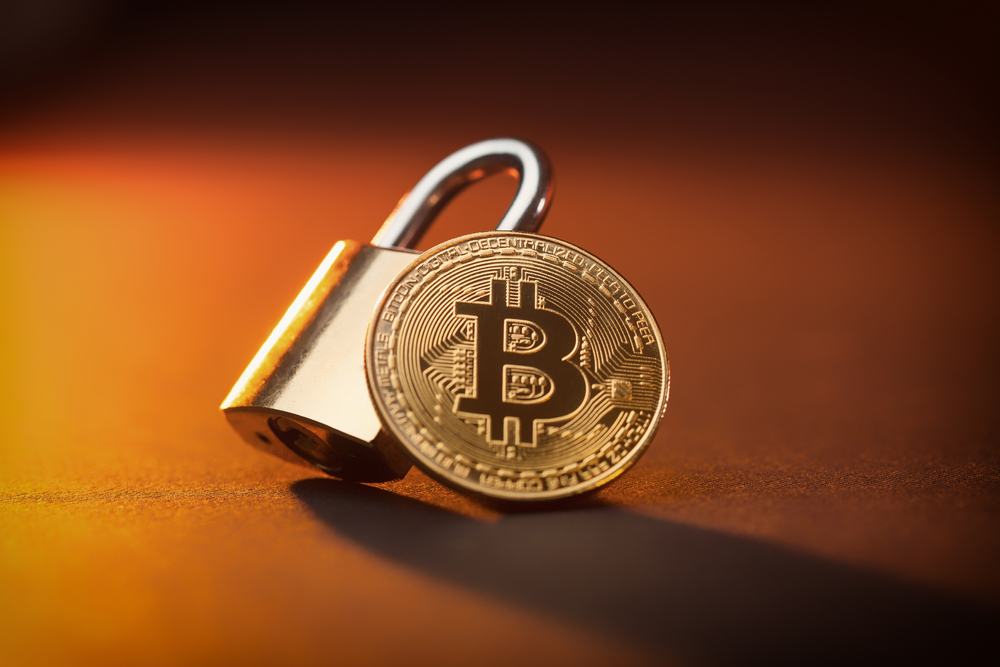
As we wrap up our exploration of cryptocurrency’s place in today’s economy, it’s vital to consolidate what we’ve uncovered about its security and investment potential. This encompasses a nuanced approach, acknowledging both the revolutionary prospects and the inherent risks.
Summary of Key Points
Throughout our journey, we’ve illuminated several critical aspects:
- The volatile nature of the cryptocurrency market, which, while providing high potential returns, also poses considerable risks.
- The robust security measures inherently built into blockchain technology, guarding against fraud and theft.
- Regulatory shifts across the globe, which underscore the evolving framework within which cryptocurrencies operate.
- Comparisons with traditional investment avenues that highlight crypto’s unique position in terms of risk and accessibility.
- Emerging technological advancements poised to enhance usability and security further, promising an exciting future.
Making an Informed Decision
Considering an investment in cryptocurrency necessitates a well-rounded view of both its potential and pitfalls. Historical trends suggest significant fluctuations, typical of nascent but rapidly evolving markets. For those pondering whether to invest, it’s important to look at both current market analyses and long-term potential. Tools and resources, from real-time data dashboards to in-depth regulatory updates, provide invaluable assistance in this regard. For instance, following the real-time Bitcoin volatility index might give insights much beyond simple price fluctuations, delving into market sentiments and potential triggers.
Security-wise, while blockchain presents a formidable barrier against many traditional forms of cyber threats, the cryptocurrency space is not free from risks. High-profile breaches and scams have shown that. It’s important to engage with platforms that continuously upgrade their security protocols and practice stringent safeguarding measures.
Conclusion: Is Crypto Right for Your Portfolio?
Whether cryptocurrency merits a spot in your investment portfolio is a decision that balances ambition with caution. Reflect on your personal risk tolerance and financial objectives. If you’re drawn to cutting-edge technology and transformative potential, and can handle possible swings, crypto might be a thrilling addition. However, it’s crucial to stay updated, utilizing all available tools and information to make the most informed choices possible.
As always, reinforcing knowledge and staying updated with the latest insights will be paramount in navigating this dynamic investment landscape. Whether you decide to invest in crypto or not, understanding its role in the global economy is indispensable for a comprehensive investment strategy moving forward.
